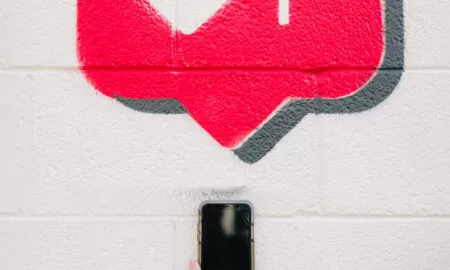The Southdowns Psychotherapy Blog
Unlocking Minds with Transactional Analysis Insights: Where Professional Guidance Meets Personal Growth

Should I Request Client Testimonials For My Website?
In the world of psychotherapy, ethical considerations play a pivotal role in maintaining the integrity and trust of the therapeutic relationship. One controversial topic within this realm is whether client…

Couples Therapy: When is the Right Time?
Recently I had a conversation with a friend about couples therapy, what it involves and how it can help a relationship. “But it’s usually for when things are pretty bad…

Improve Your Mental Strength
Ever wondered why some people seem to bounce back effortlessly from life’s curveballs while others struggle to regain their footing? The secret lies in mental strength – that intangible power…

Building a Deeper Connection With Your Partner
Whether you’ve been together 10 weeks or 10 years, you might be at a comfortable stage of things with your partner but you’re also wondering if things could be better….

The Early Clues To Adult Personality
As new parents we strive to see early clues in our baby’s temperament to see if we’re able to guess what they may be like as adults. But how far…

Navigating Couples Therapy When Your Partner Isn’t on the Same Page
Deciding to seek couples psychotherapy can be a significant step toward improving your relationship. When you opt for the modality of Transactional Analysis (TA), it demonstrates your commitment to understanding…

Understanding Emotional Intelligence Using Transactional Analysis
Emotional intelligence plays a major role in all our interactions and is based on self-awareness, self-regulation, motivation, empathy and social skills. High levels help us build and foster relationships, defuse…

What To Expect in Couples Therapy
Couples psychotherapy can be a transformative journey, offering couples a chance to address their challenges, enhance communication, and foster a healthier, more fulfilling relationship. When it comes to the modality…

Transactional Analysis and the Ego State Model of Personality
The ego state model of personality is a central concept in Transactional Analysis. As a practitioner of Transactional Analysis, the ego state model is one I often use in my…

Dopamining – Chasing the High
What is Dopamine? Dopamine is one of the brain’s “feel good” neurotransmitters. It induces feelings of excitement, motivation, aliveness and gratification. When we engage in certain behaviours, dopamine is released…

How To Spot Emotional Abuse
Never feeling good enough. Doubting yourself and wondering where you have gone wrong. Walking on eggshells. Watching what you say and changing your behaviour to avoid being reprimanded. If any…

Hybrid Working
During the pandemic, many of us had to embrace a new way of working. This emergency way of working included remote working and offering Zoom therapy. Having had to…
Ready to Make a Change? Book an Initial Consultation Today
If you have any questions at all about therapy or would like to make an appointment, get in touch. I will usually be able to respond to you within 24 hours.
